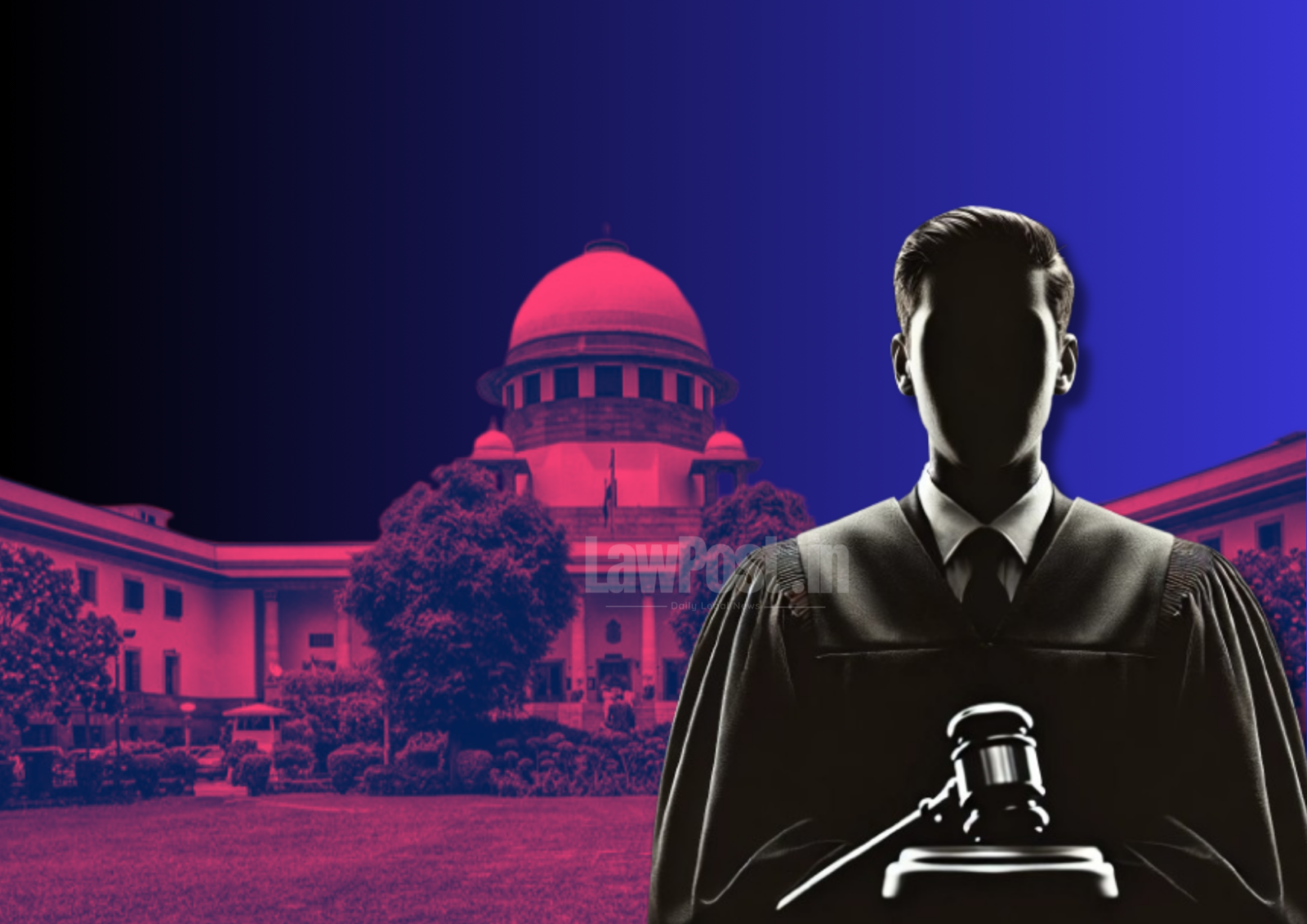The Supreme Court has reaffirmed that judicial rulings are presumed to have retrospective application unless explicitly stated otherwise, emphasizing a crucial principle of legal interpretation.
A Bench comprising Justices Sudhanshu Dhulia and Ahsanuddin Amanullah made this observation while upholding a Calcutta High Court order in the case of Kanishk Sinha & Anr. vs. The State of West Bengal & Anr. The matter pertained to the requirement of submitting an affidavit with complaints under Section 156(3) of the Code of Criminal Procedure (CrPC), as mandated by the Supreme Court’s 2015 ruling in Priyanka Srivastava v. State of Uttar Pradesh.
The appellants contended that the Priyanka Srivastava ruling should apply retrospectively to all cases, arguing that all Supreme Court judgments, unless specified otherwise, should affect both past and future cases. However, the Bench disagreed, pointing out that the Priyanka Srivastava judgment clearly intended prospective application.
“Judgments Are Retrospective by Default”
Clarifying the general rule, the Supreme Court stated:
“The judgment of the Court will always be retrospective in nature unless the judgment itself specifically states that the judgment will operate prospectively.”
However, the Court acknowledged that prospective application may sometimes be necessary to avoid undue hardship.
“The prospective operation of a judgment is normally done to avoid any unnecessary burden to persons or to avoid undue hardships to those who had bona fidely done something with the understanding of the law as it existed at the relevant point of time. Further, it is done not to unsettle something which has long been settled, as that would cause injustice to many.”
In this case, the Supreme Court noted that the Priyanka Srivastava ruling had been circulated among Chief Justices and subordinate magistrates for future compliance, reinforcing its prospective nature.
Appeal Dismissed, Relief Granted
Accordingly, the Court dismissed the appeal, holding that complaints filed before 2015 could not be invalidated for lack of an affidavit. However, the appellants were granted the liberty to seek discharge if charges had not yet been framed against them.
This ruling further strengthens the principle that while court decisions generally have retrospective application, exceptions exist where justice demands a prospective approach.
Case: Kanishk Sinha & Anr. vs The State of West Bengal & Anr. – Available on LAWFYI.IO








